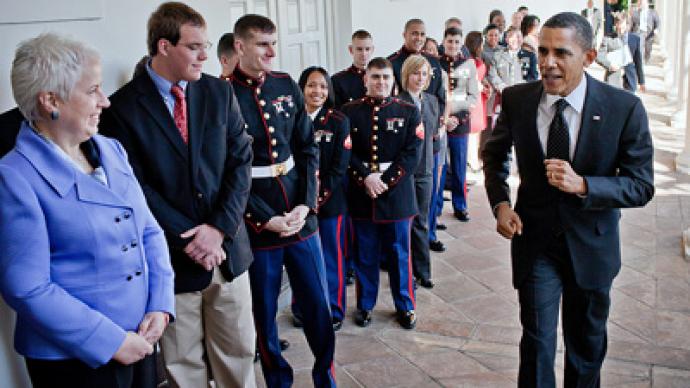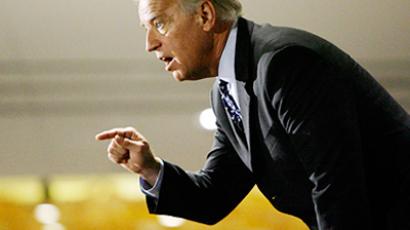US citizens challenge Obama on Jackson-Vanik

Jackson-Vanik, a law which has hindered US-Russia and previously US-USSR relations for years is being challenged in court by two American citizens.
Adopted in 1974 by the US Congress, the Jackson-Vanik amendment is a legal provision which was used to pressure the USSR to allow emigration of Jews and other religious minorities to the United States. The provision was also levied against China until the 1990s, when the US removed China to meet World Trade Organization standards when China joined the trade organization. Russia however is not a member of the WTO. The legal challenge has been brought forward by former Soviet dissident Edward Lozansky and US-Russia relations expert, former Reagan administration appointee and former head of the Moscow bureau of Radio Liberty, Anthony T. Salvia. The two argue that the initial objective of assisting Jews to emigrate no longer exists, but the law remain in place and hinders relations and trade between the US and Russia, two market economies. “The language of the law applies to a Russia that no longer exists,” explained Salvia. “Russia is no longer the Soviet Union.”US Presidents Bill Clinton, George Bush, and Barack Obama all promised to change the provision, but later backed out citing Congressional disputes. The legal challenge calls on the court to force Obama to use executive powers to abolish the Jackson-Vanik amendment without going through Congress. “The President has the right to get rid of Jackson-Vanik on his own,” Salvia said. Congress often avoided the issue, playing political games, giving Presidential administrations a reason to step away from dismissing Jackson-Vanik.“No further congressional action is required,” he examined.Essentially, Presidents cannot blame the lack of change on Congress, because the President can end the amendment himself. There are efforts to repair US-Russia relations, but there have also been efforts to hinder relations. The Cold War mentality continues to some degree, including the continuation of Jackson-Vanik. Salvia argued that this view needs to change.














